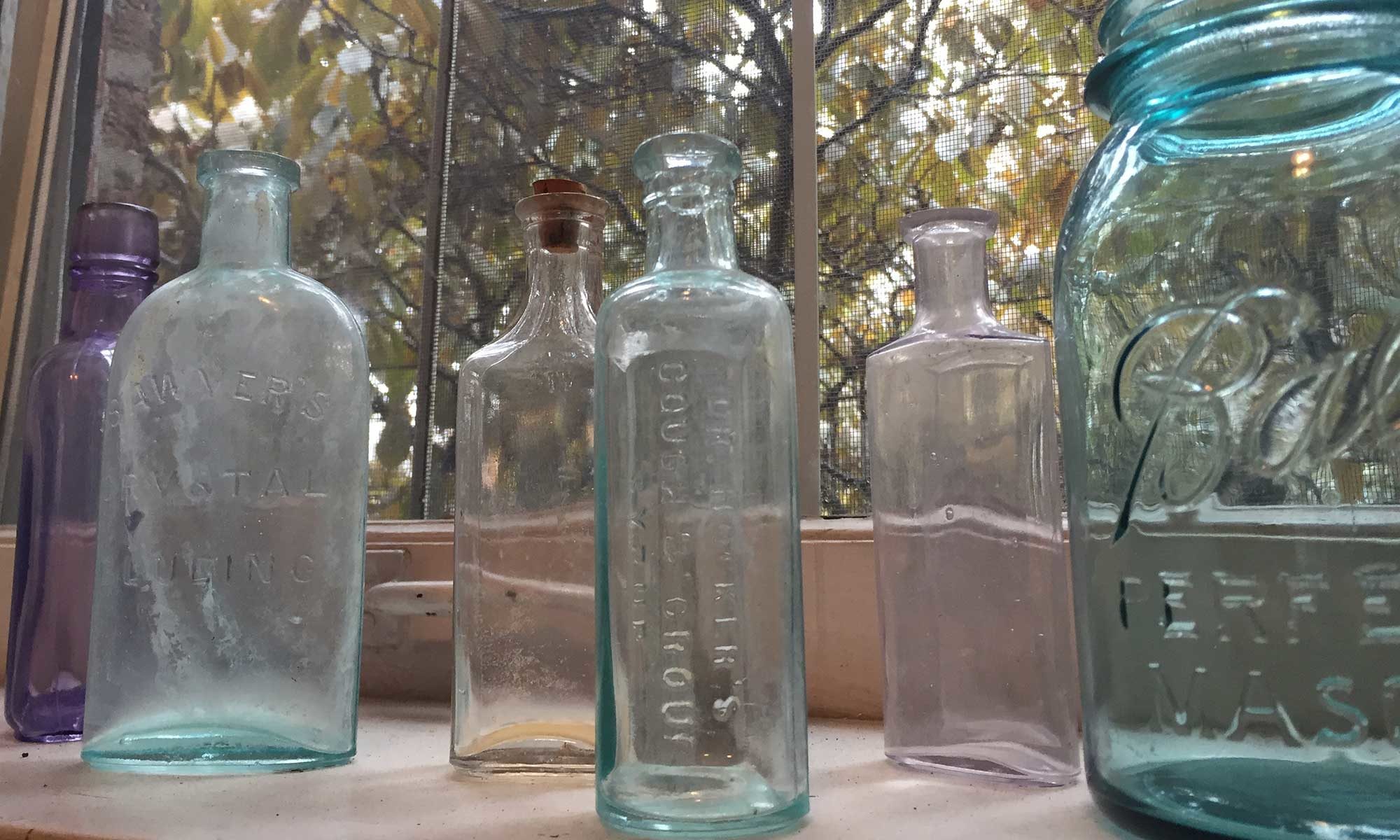I love his thoughts about Highclere Castle’s architectural/political history (nice too how he intertwines the two aspects).
On writing characters: “You …build on emotional predicaments you have witnessed.”
You take their problem with their mother, whatever it is… It’s only ever a lifting-off point.”
On the period chosen for the story:
“Both Gareth and I were very keen that although these people were leading a life that in some ways is like something on the moon, we wanted to make it a recognizable life. By 1912– I mean, my grandmother was pregnant with my father at the date we open this series. He was born in the following July, and this is my father– it’s not my great-great-great-grandfather– this now. He only died in 1999. It’s not that long ago. It gives us cars and trains, they have a telephone and electricity and all that. When people are watching–obviously I don’t mean they relate to the way of life, because they don’t live like that–lots of them didn’t live like that then– but they understand the life… It looks like these are kind of modern people in a sort of modern world– as opposed to when you do something about the Civil War, it’s miles away.”
On what he wants viewers to take away:
“We examine different human predicaments. We examine relationships with your parents and disappointment and sibling rivalry and failed love– these things go through the series whether or not they’re servants or family. I think that the way managing this world emotionally– and people knew the rules. I mean they could be friendly, certainly– I mean handling that kind of television cliche when everyone’s horrible to their servants is unrealistic. There were lots of jobs, they didn’t have to stay. The average length of time a footman in London stayed in service was 18 months. The old thing that everyone stayed forever is all nonsense. .”

